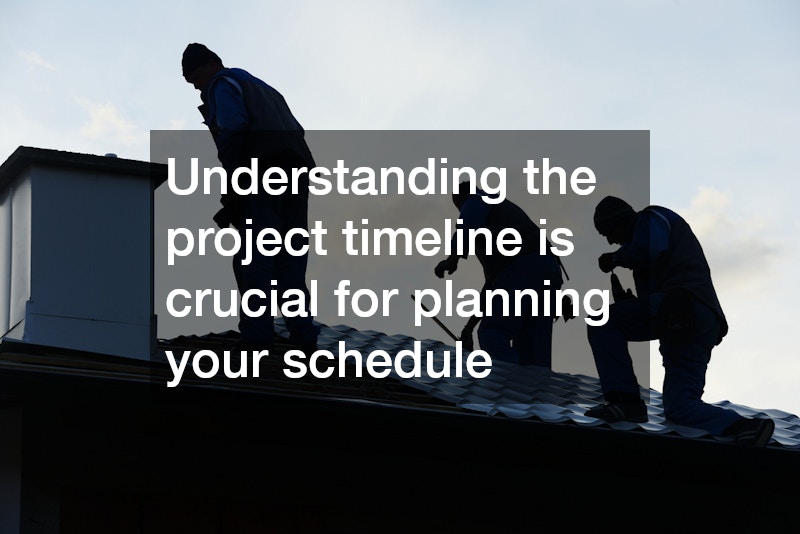Choosing the right residential roofing contractor for your residential needs is one of the most important decisions a homeowner can make. Your roof is not only a critical component of your home’s structure, but it also protects your family and belongings from the elements, contributes to energy efficiency, and can significantly impact your home’s value. Hiring a competent and trustworthy contractor ensures that your investment is protected and that the project is completed to the highest standard. Knowing the right questions to ask can make the difference between a smooth, successful project and one that is stressful, costly, or poorly executed. This article explores essential questions homeowners should consider when evaluating a residential roofing contractor.
What Are the Contractor’s Credentials?
Licensing and Certification
One of the first steps in evaluating a roofing contractor is confirming that they have the proper licensing and certifications. In many regions, roofing contractors are required to hold specific licenses that demonstrate they meet local building codes and safety standards.
A licensed contractor is more likely to follow regulations, reducing the risk of structural problems, fines, or violations. Certifications from roofing manufacturers or professional organizations provide additional assurance of expertise. These credentials often indicate that the contractor has received specialized training in installing particular roofing materials, from asphalt shingles to metal roofing systems. Choosing a contractor with verified licenses and certifications ensures that your roofing project is handled with professionalism and skill.
Insurance Coverage
Insurance is another essential consideration. Homeowners should confirm that the contractor carries both workers’ compensation and general liability insurance. Workers’ compensation protects homeowners from liability if a worker is injured on the job, while liability insurance covers accidental property damage. Without proper insurance, homeowners could face significant financial responsibility in the event of an accident or damage. Asking for proof of insurance and verifying its validity is a simple yet crucial step in safeguarding both your home and your investment.
Experience and Reputation
Experience in the roofing industry is often a reliable indicator of a contractor’s ability to manage a variety of challenges. A contractor with years of experience is more likely to have encountered and successfully resolved complex roofing situations, such as unusual roof designs or extreme weather conditions. Equally important is a contractor’s reputation. Online reviews, testimonials, and references from previous clients provide valuable insight into the contractor’s work quality, reliability, and customer service. Homeowners can benefit from speaking directly with past clients to learn about their experiences, including the timeliness of the project, professionalism, and the durability of the finished roof. Contractors with a strong history of satisfied customers are generally more trustworthy and capable of delivering high-quality results.
What Is the Project Timeline?
Estimated Start and Completion Dates
Understanding the project timeline is crucial for planning your schedule and expectations. Discussing the expected start and completion dates with your contractor allows you to coordinate with other aspects of home maintenance or improvements. Contractors should provide a realistic timeline that considers the size of the project, material availability, and potential weather conditions. A clear timeline also helps you prepare for any temporary disruptions that may occur while the roofing work is in progress.
Contingency Plans for Delays
Even the most carefully planned projects can be delayed by unforeseen circumstances such as severe weather, supply shortages, or previously hidden damage that needs to be repaired. Asking about contingency plans helps you understand how the contractor handles these situations and whether they can adapt without compromising quality. Experienced contractors are prepared to adjust schedules while keeping clients informed, and discussing potential delays in advance demonstrates professionalism and transparency.
Communication and Progress Updates
Consistent communication throughout the project is essential for a smooth experience. Homeowners should discuss with contractors how updates will be provided and how often progress reports can be expected. Establishing these communication expectations ensures that you stay informed at every stage and allows you to address concerns in real time. Contractors who prioritize regular updates demonstrate reliability and make the project less stressful for homeowners.
What Are the Warranty Terms?
Manufacturer’s Warranty
Roofing materials typically come with a manufacturer’s warranty that covers defects and expected lifespan. It is important to understand the details of these warranties, including what is covered, for how long, and any conditions that might void the coverage. Having clarity on the manufacturer’s warranty protects your investment and provides peace of mind if a defect occurs. Contractors who are familiar with these warranties can help you select materials that best meet your needs in terms of durability, aesthetics, and cost-effectiveness.
Workmanship Warranty
In addition to the manufacturer’s warranty, reputable contractors offer a workmanship warranty. This coverage assures homeowners that the installation itself is guaranteed and that any issues arising from the contractor’s work will be addressed promptly. Understanding the duration and scope of this warranty is crucial, as it reflects the contractor’s confidence in their skills and the quality of their work. A strong workmanship warranty provides assurance that the project will be completed to professional standards and that any post-installation concerns will be handled responsibly.
Investing time in asking the right questions when hiring a residential roofing contractor is essential for ensuring a successful and stress-free project. Verifying licenses, certifications, insurance coverage, experience, and reputation protects homeowners from potential issues while helping them select a contractor they can trust. Understanding project timelines, contingency plans, and communication strategies allows you to plan your schedule and remain informed throughout the process. Reviewing warranty terms and procedures provides an additional layer of security, ensuring your investment is protected for years to come.
Selecting the right contractor is more than just hiring someone to put shingles on a roof; it is about finding a trusted professional who values quality, transparency, and customer satisfaction. Careful questioning and consideration of a contractor’s responses will help you make an informed decision, ultimately giving you a durable, well-installed roof and peace of mind that your home is in capable hands.



